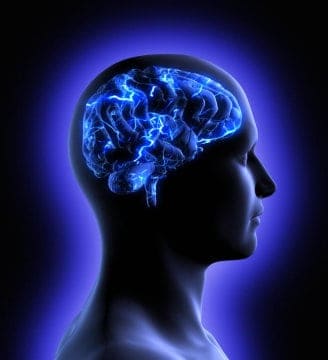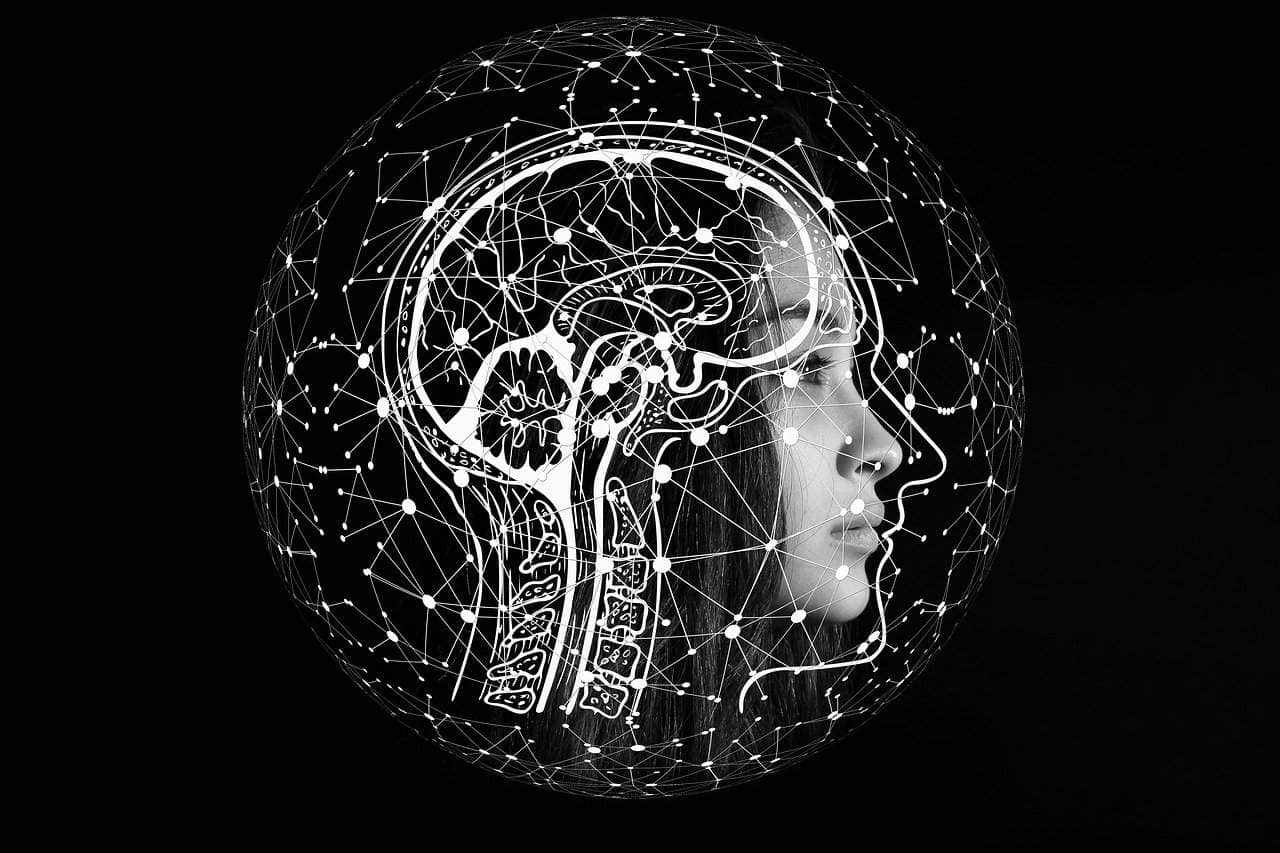Your cart is currently empty!
Your Brain Needs Exercise Too?
A study just released from the University of Arizona looks to explain evidence that exercise is not only good for our bodies but also for our brains.
UA anthropologist David Raichlen and UA psychologist Gene Alexander recently published an article in Trends in Neurosciences journal. Together they linked the benefit of exercise on the brain to our evolutionary history, specifically our past as hunter-gatherers.
Does your brain need exercise too?
What they write is that approximately 2 million years ago, humans evolved from a more sedentary apelike existence to participation in increased physical activity as hunter-gatherers. Their new lifestyles required them to engage in complex foraging tasks that were both physically and mentally demanding. This may serve as a partial explanation for the connection between physical activity and the brain. (See Walnuts Look Like Brains)

Here’s a direct quote from Raichlen published in Science Daily:
“We think our physiology evolved to respond to those increases in physical activity levels, and those physiological adaptations go from your bones and muscles. Your brain needs exercise. It’s very odd to think that moving your body should affect your brain in this way — that exercise should have some beneficial impact on brain structure and function — but if you start thinking about it from an evolutionary perspective, you can start to piece together why that system would adaptively respond to exercise challenges and stresses.”
So how will understanding this benefit us further? Researchers hope that a better understanding of the brain-exercise connection will lead to the development of more effective interventions. Coverage of the fight against age-related cognitive decline and diseases such as Alzheimer’s can be found in the news daily.
Another Quote From Raichlen In The Science Daily report:
“Foraging is an incredibly complex cognitive behavior. You’re moving on a landscape. You’re using memory not only to know where to go but also to navigate your way back. You’re paying attention to your surroundings. You’re multitasking the entire time because you’re making decisions while paying attention to the environment while monitoring your motor systems over complex terrain. Putting all that together creates a very complex multitasking effort.”
These findings will help explain why runners’ brains need exercise and seem more “connected.”
Additionally, as our lives as Americans continue to become more sedentary, it sends a red flag. The medical community will need to start more strongly encouraging physical activity. Especially the benefits of this activity can link to a reduction in the risk of age-related cognitive decline. Also, the development of genetic diseases like Alzheimer’s.
Read the full Science Daily report at this link.
Also, please remember when you’re working out, your body needs more energy! Avoid junk food and feed yourself with healthy snacks. Shop for them in bulk here.







